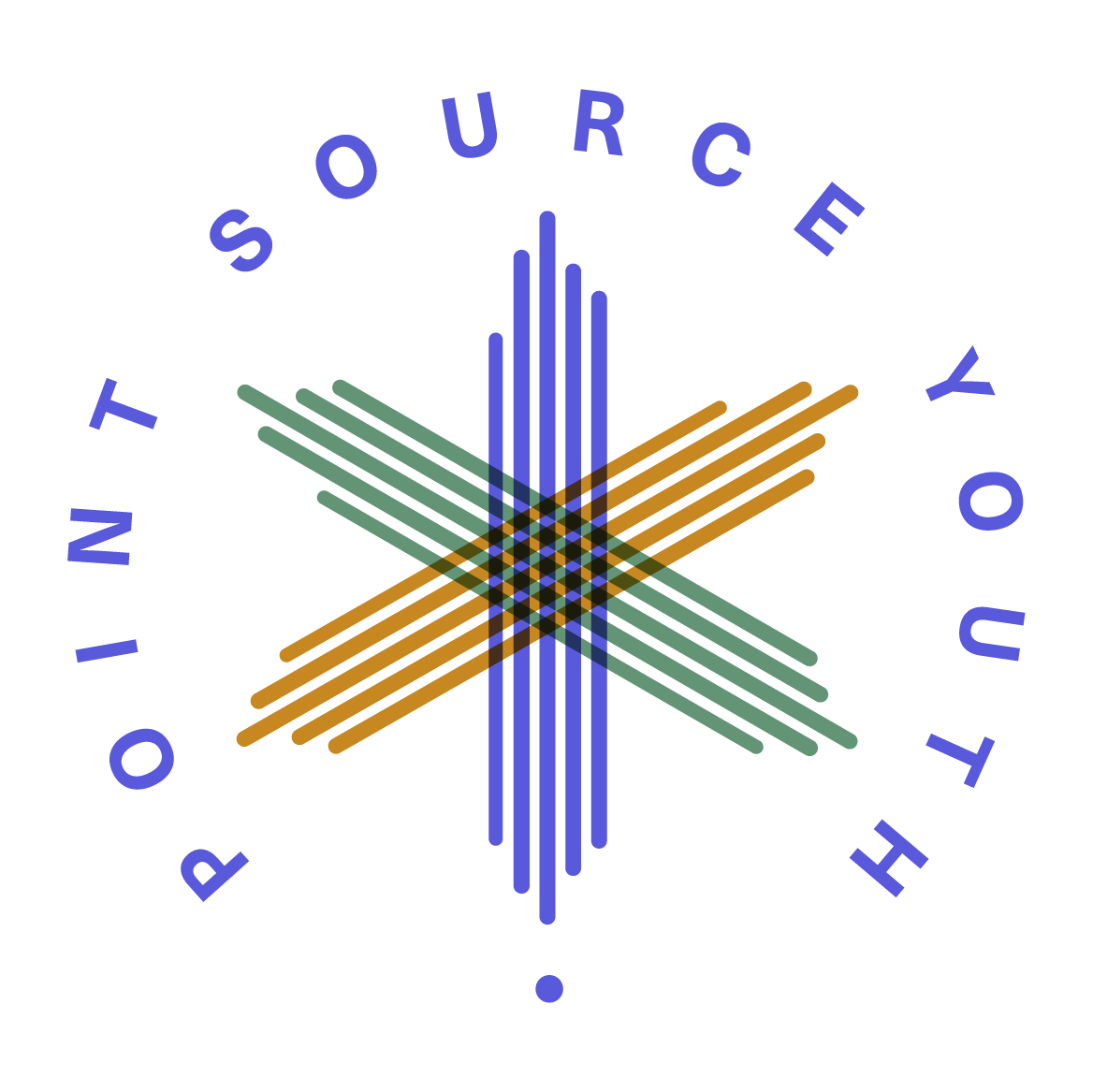HUD Policies Impacting HOPWA Programs
Photo by Anna Shvets
Changes to HUD Policies that affect programs funded by HOPWA
In light of the COVID-19 pandemic, Housing Opportunities for Persons with AIDS (HOPWA) programs must adjust their policies and protocols in order to accommodate new social distancing measures and more rapidly house clients. HUD released waivers to HOPWA program requirements on Wednesday, April 1 to ensure that youth, landlords, and service providers can all maintain social distance while still continuing with housing programs funded by HOPWA. These waivers aim to lessen the burdens the pandemic has created for service providers and ensure that youth experiencing homelessness can still access housing.
KEY TAKEAWAYS:
Service Providers can now place clients in units that are higher than Fair Market Rate (FMR), but not greater than the reasonable rent.
Housing inspections are no longer required to be completed in person but should be done via videoconferencing. Once the shelter in place is lifted, the unit should be physically re-inspected to ensure that the unit meets Housing Quality Standards.
Service providers can rely on clients’ self-certification of HIV status and income in lieu of source documentation.
While shelter in place orders are in place, HOPWA grantees and project sponsors can place clients and their families in places that may not provide adequate space and security (e.g. hotel rooms).
IN-DEPTH:
Photo by Lina Kivaka
On April 1st, in response to the COVID-19 pandemic, HUD waived several restrictions on HOPWA policy that required service providers, landlords, and/or clients to meet face-to-face. These waivers have been implemented to stop the spread of COVID-19 while still continuing HOPWA services:
In order to more rapidly house clients, service providers can now place clients in housing units that are more costly than the Fair Market Rate, but not greater than the reasonable rent. This policy will remain in effect for 1 year.
This is especially beneficial for service providers in high-cost markets.
There is no information yet on whether or not HOPWA programs can continue to pay a higher rate than the FMR after 6 months have passed.
In-person unit inspections are no longer required to ensure Housing Quality Standards are met.
Staff is now required to use videoconferencing technology to virtually inspect potential units.
Staff need to create a plan to physically inspect within 3 months after the shelter in place orders are lifted.
This new policy is in place for 1 year.
Source documentation is no longer required to verify HIV and income status.
Staff can rely on self-certification of HIV and income status.
The client must agree to provide source documentation within 3 months after public officials lift shelter in place orders.
ACTIONS TO TAKE NOW:
To use any of these waivers, service providers need to notify their HUD Field Office’s Community Planning and Development Director via email or mail.
The notification must be sent 2 days before the service provider intends to use the waiver.
The waiver should include:
Name, Title, & Contact Info for the service provider
Service area(s) affected by the disaster
When the waiver will start to be used
Which waivers will be used (official waiver names listed here)
Assess current unit inspection protocols and adjust them so that they can now be completed via videoconference.
Work with clients to make a plan so that they can produce source documentation proving their HIV and income status once the shelter in place order is lifted.
IMPORTANT LINKS:


